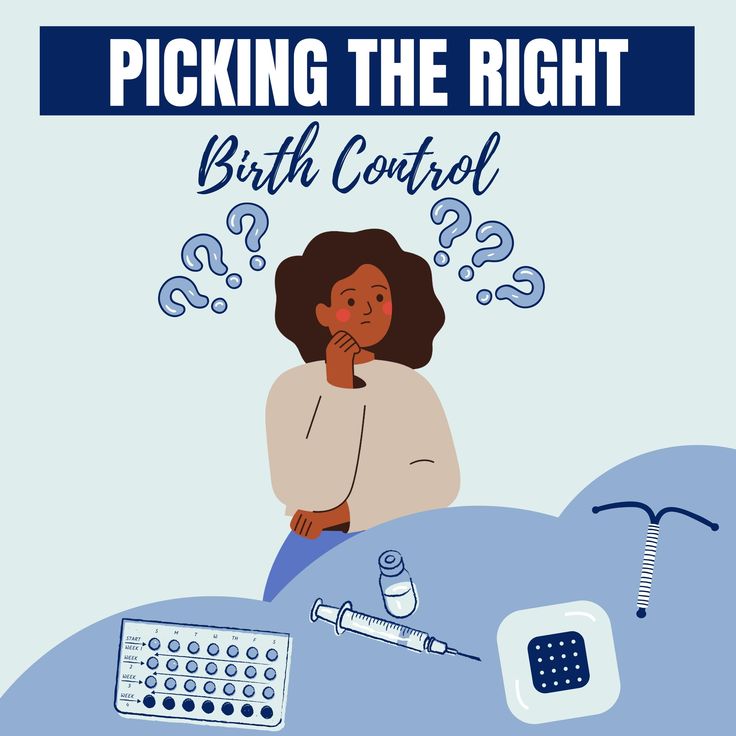
Which Method of Birth Control is Right For You?
Choosing the right method of birth control is a highly personal decision that depends on various factors including lifestyle, health conditions, and personal preferences. With numerous options available, it’s essential to understand the pros and cons of each to make an informed choice.
Hormonal methods like birth control pills, patches, and rings are popular choices. They’re highly effective when used correctly and can offer additional benefits like regulating menstrual cycles and reducing acne. However, they require consistent use and may cause side effects like mood changes or weight gain in some individuals.
Long-acting reversible contraceptives (LARCs) such as intrauterine devices (IUDs) and implants offer convenience and high effectiveness. Once inserted by a healthcare provider, they can prevent pregnancy for several years without requiring daily attention. They’re excellent options for those who want long-term protection without the need for regular maintenance.
Barrier methods like condoms, diaphragms, and cervical caps are non-hormonal options that can be used on-demand. Condoms have the added benefit of protecting against sexually transmitted infections (STIs). However, they require consistent and correct use with each sexual encounter to be effective.
For those seeking permanent solutions, sterilization procedures like tubal ligation for women or vasectomy for men are options to consider. These are highly effective but should be viewed as irreversible.
Natural family planning methods, which involve tracking fertility signs, can be effective for those comfortable with abstaining or using barrier methods during fertile periods. However, they require diligence and a good understanding of one’s menstrual cycle.
Emergency contraception, while not a regular method, is important to be aware of. It can prevent pregnancy when taken soon after unprotected intercourse or contraceptive failure.
When choosing a birth control method, consider factors like effectiveness, ease of use, potential side effects, and how it fits into your lifestyle. Think about whether you want to avoid hormones, if you need protection against STIs, and how important it is to have a method that doesn’t require daily attention.
It’s crucial to consult with a healthcare provider to discuss your options. They can help you consider any health conditions or medications that might influence your choice. Remember, what works for one person may not be the best for another, and it’s okay to try different methods to find what suits you best.
Ultimately, the right birth control method is one that you’re comfortable with, can use consistently and correctly, and aligns with your health needs and future plans. Regular check-ups and open communication with your healthcare provider can ensure that your chosen method continues to meet your needs over time.




